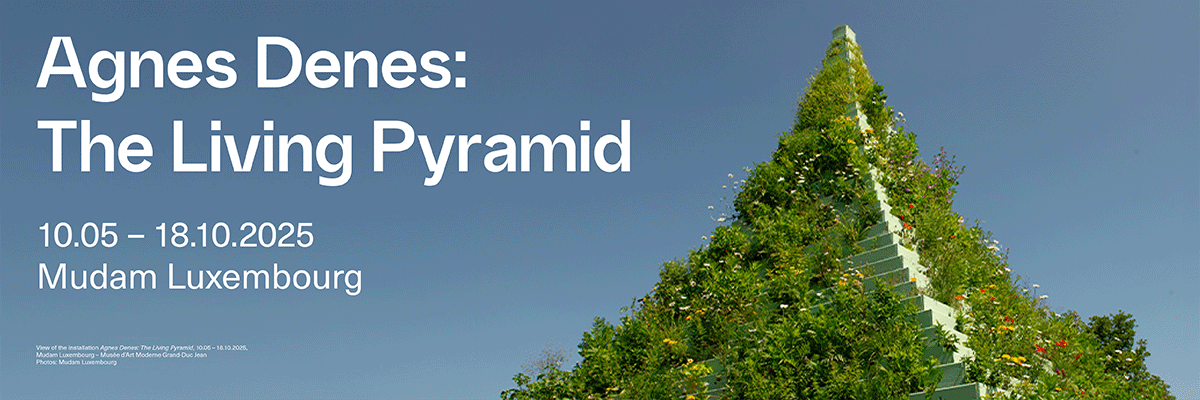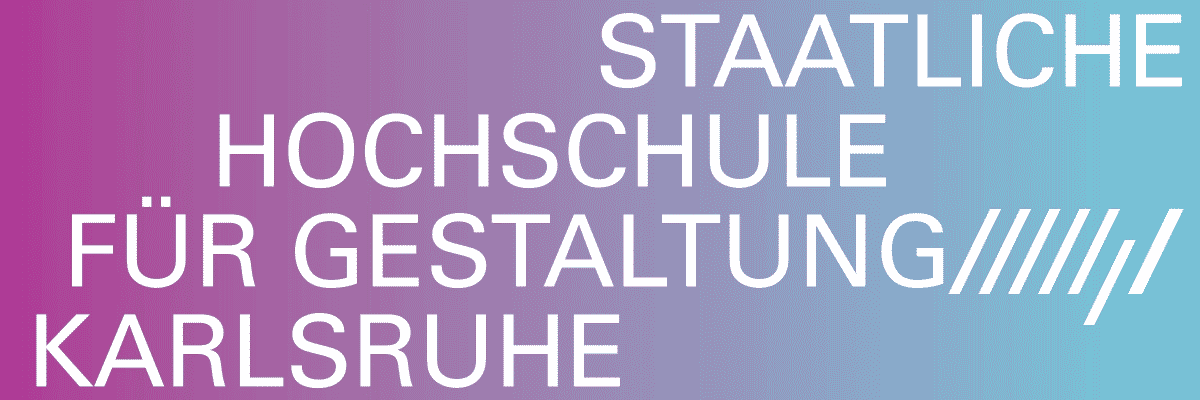
Clara Laila Abid Alsstar and Mako Sangmongkhon
Pause not pose
Project Info
- 💙 Luise Cultural Center Munich
- 💚 Ruine München Companions
- 🖤 Clara Laila Abid Alsstar and Mako Sangmongkhon
- 💜 Ruine München
- 💛 Constanza Meléndez
Share on
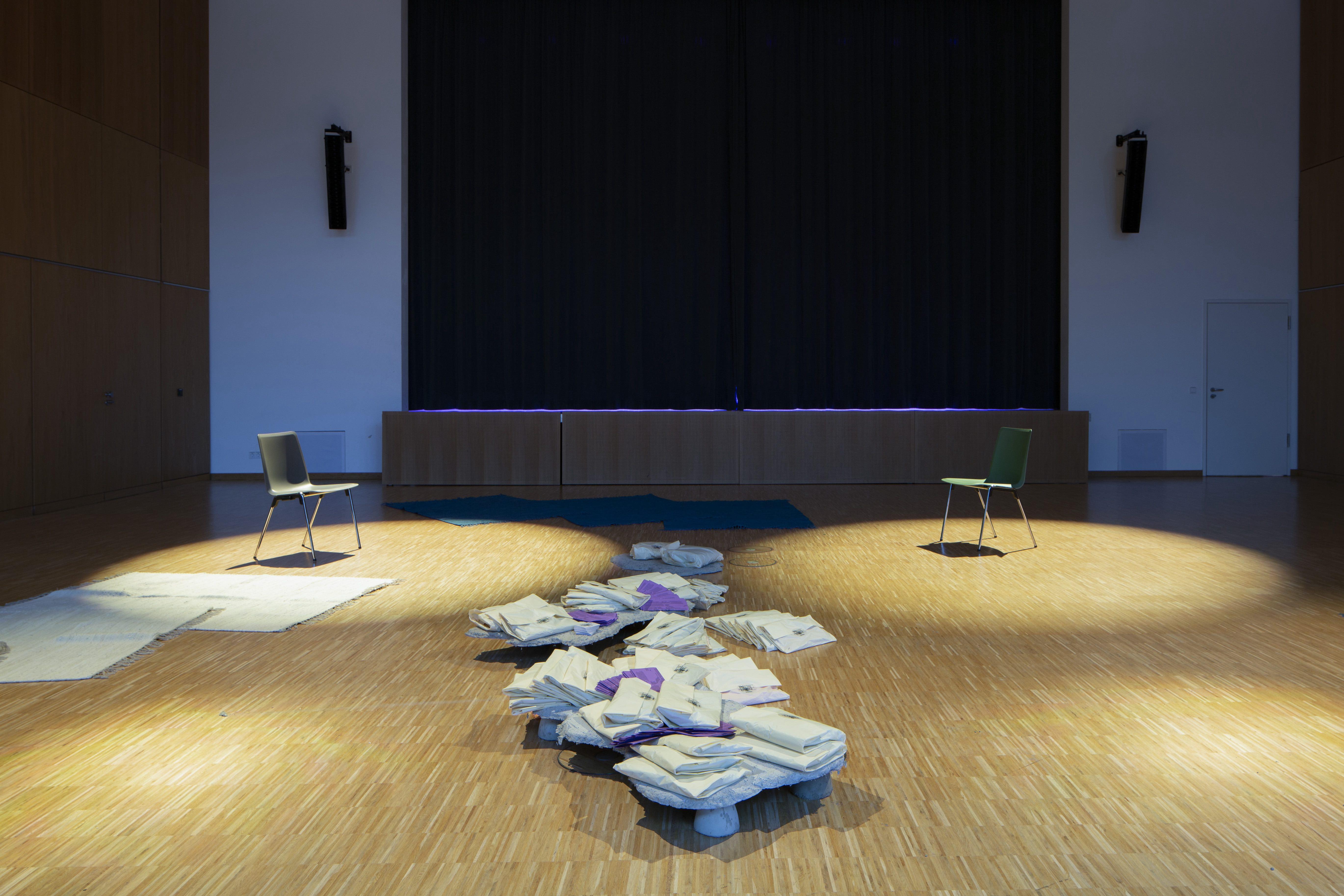
Pause Not Pose, performance by Clara Laila Abid Alsstar and Mako Sangmongkhon, Ruine München Companions, Luise Cultural Center, 2023
Advertisement
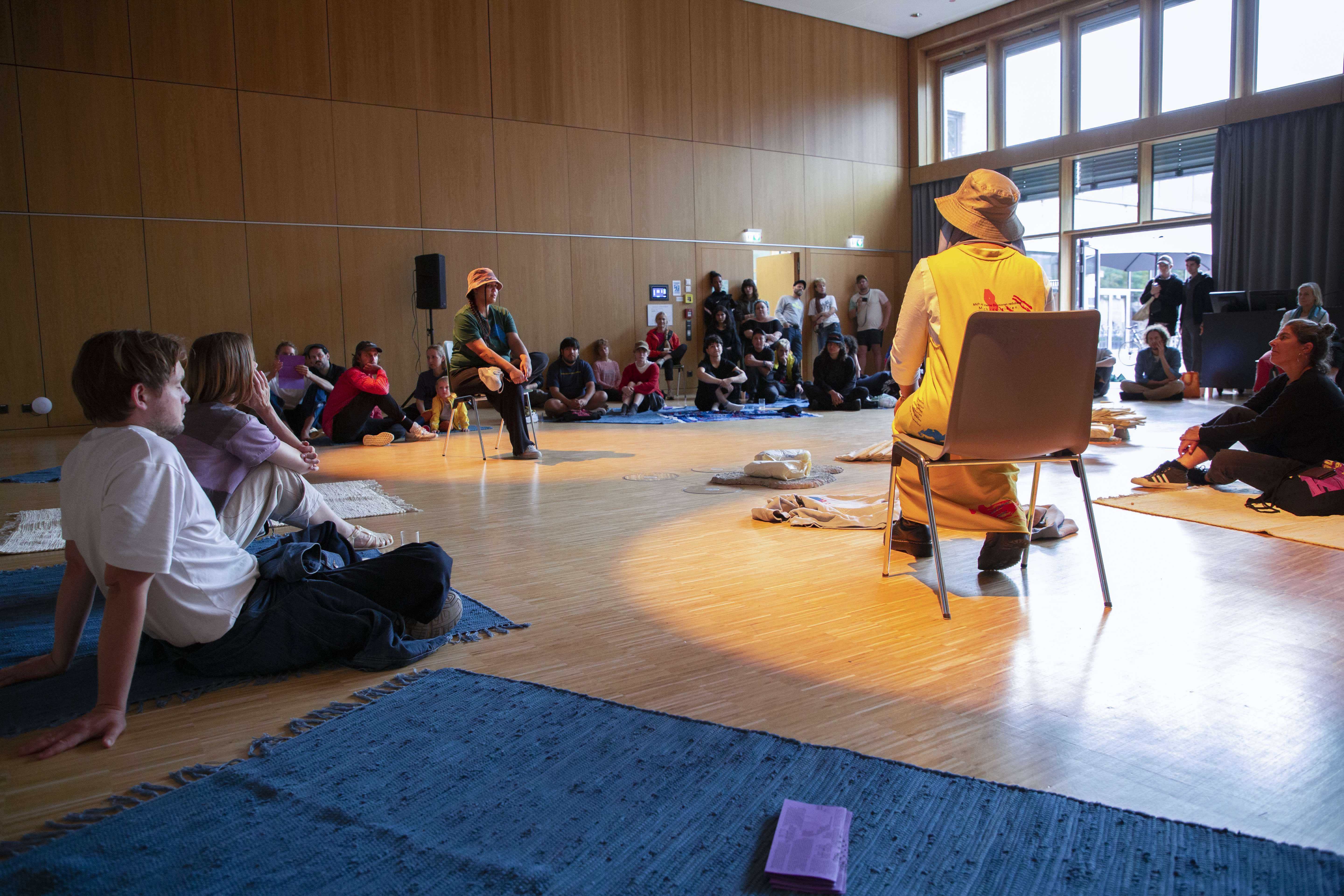
Pause Not Pose, performance by Clara Laila Abid Alsstar and Mako Sangmongkhon, Ruine München Companions, Luise Cultural Center, 2023
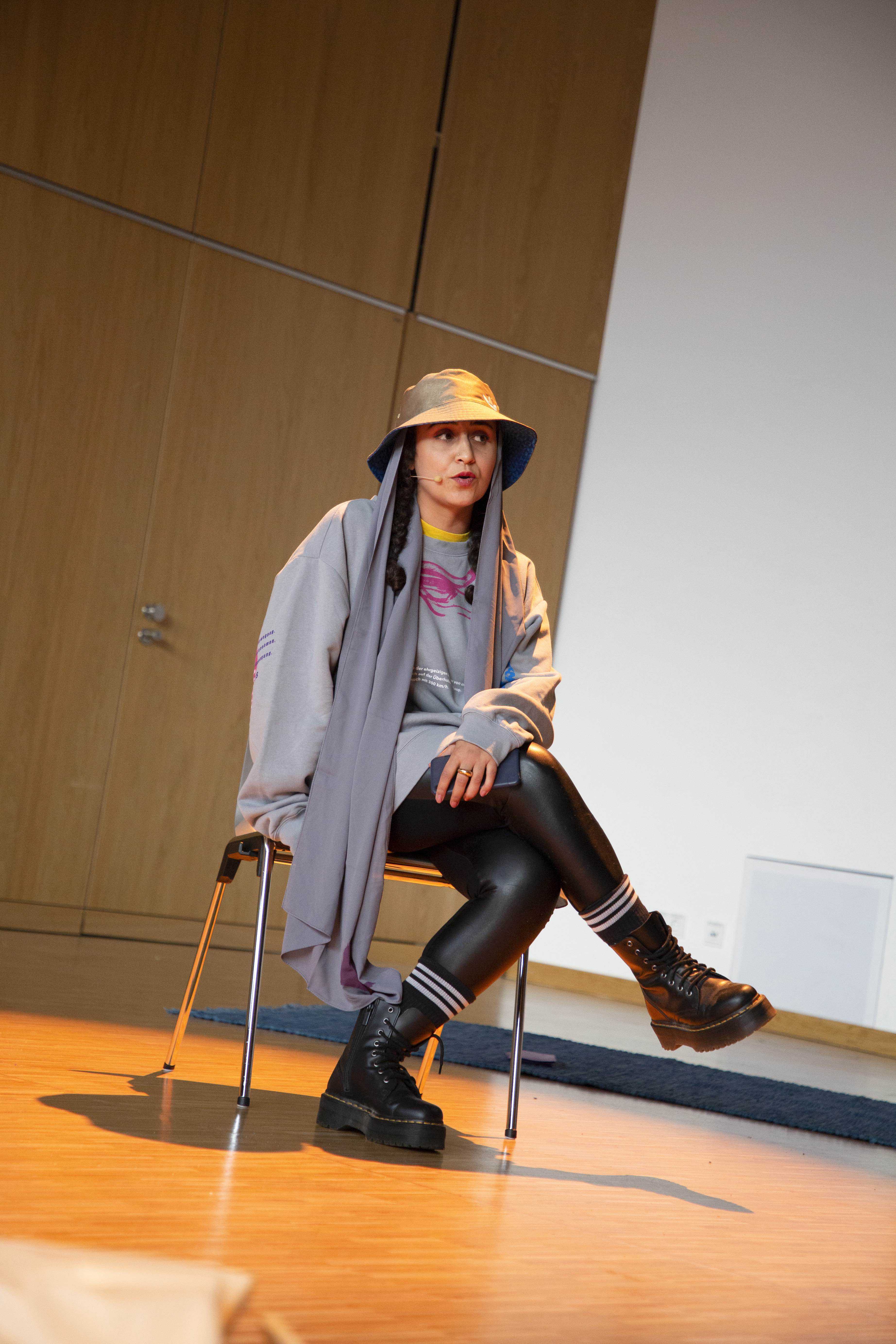
Pause Not Pose, performance by Clara Laila Abid Alsstar and Mako Sangmongkhon, Ruine München Companions, Luise Cultural Center, 2023
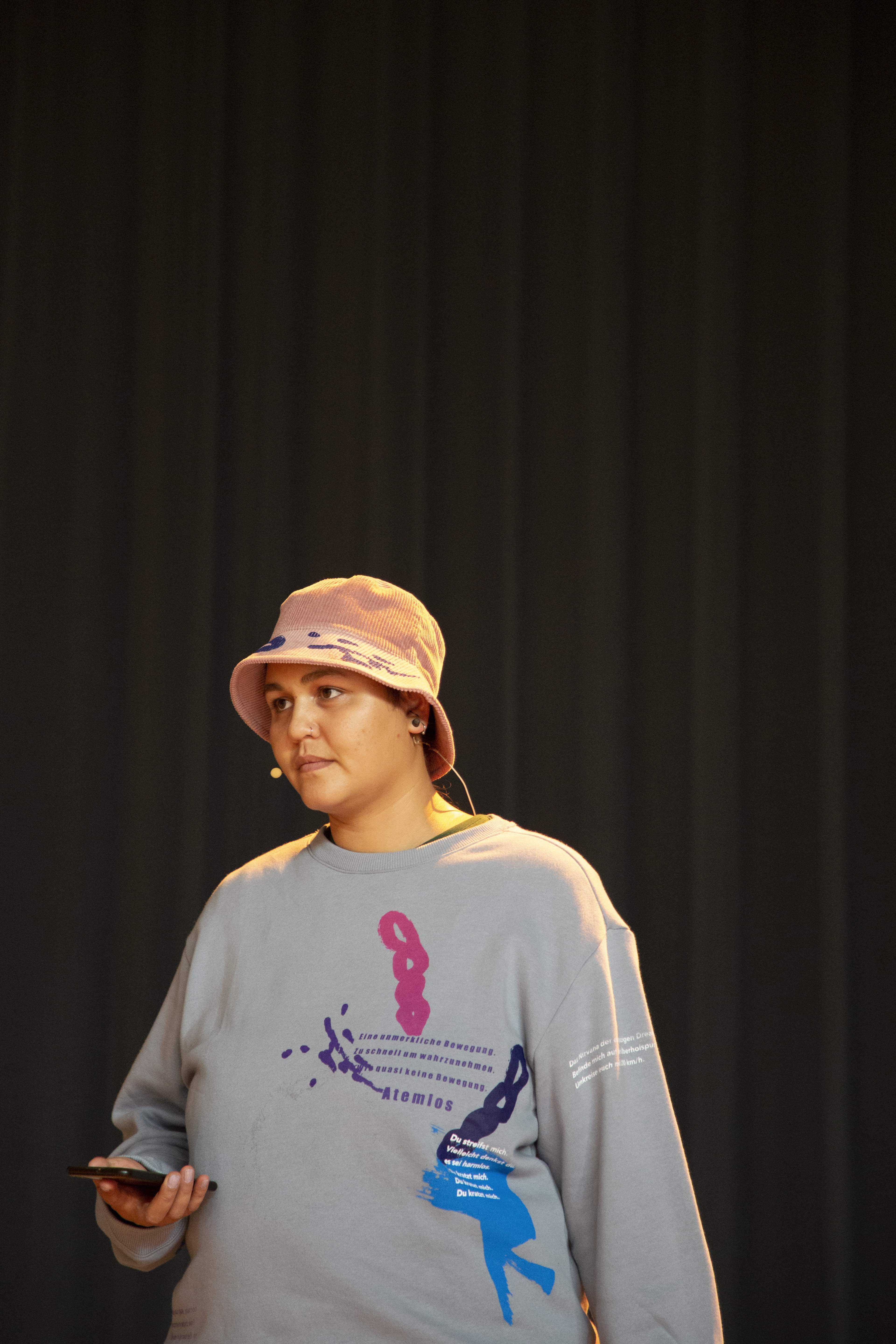
Pause Not Pose, performance by Clara Laila Abid Alsstar and Mako Sangmongkhon, Ruine München Companions, Luise Cultural Center, 2023
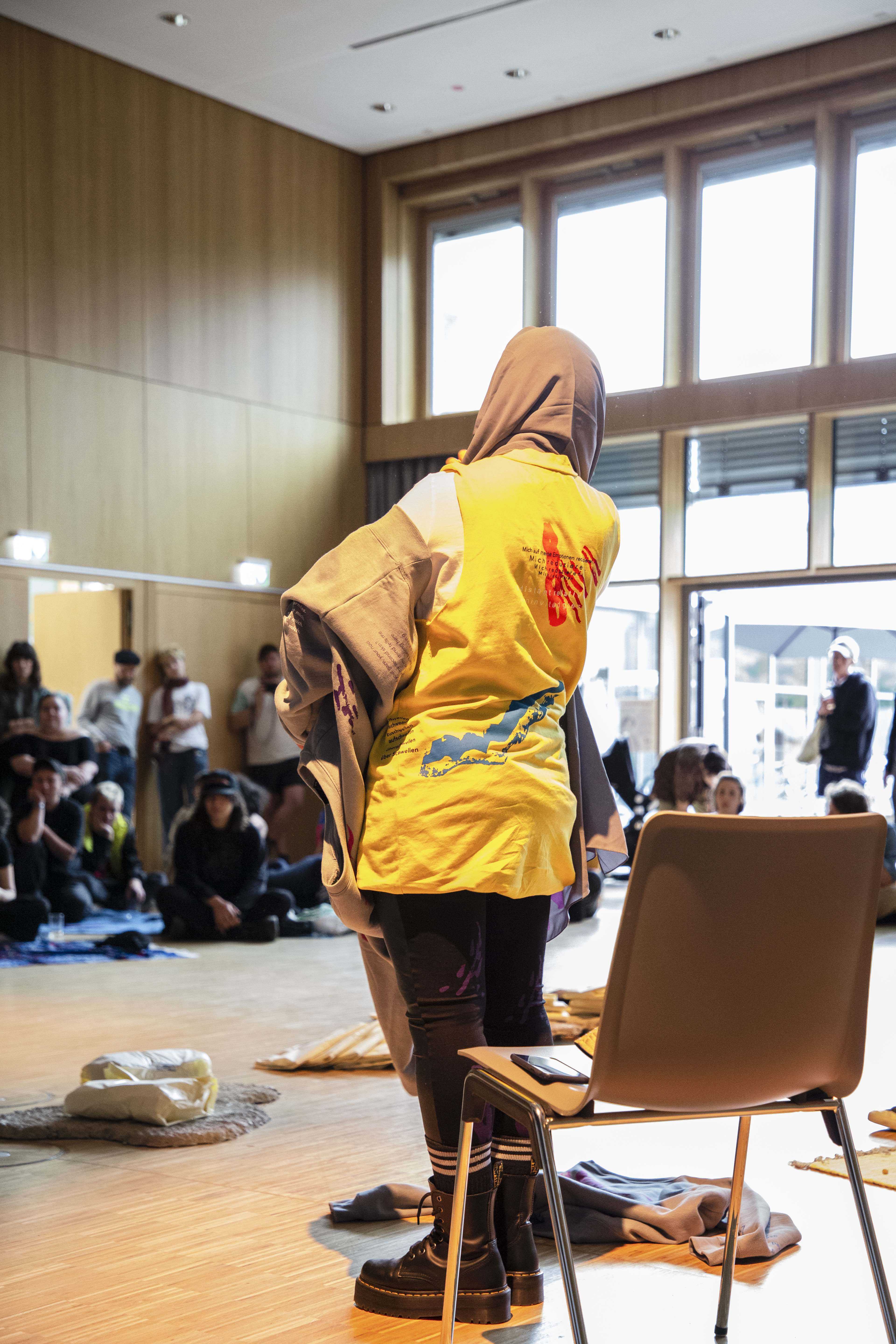
Pause Not Pose, performance by Clara Laila Abid Alsstar and Mako Sangmongkhon, Ruine München Companions, Luise Cultural Center, 2023
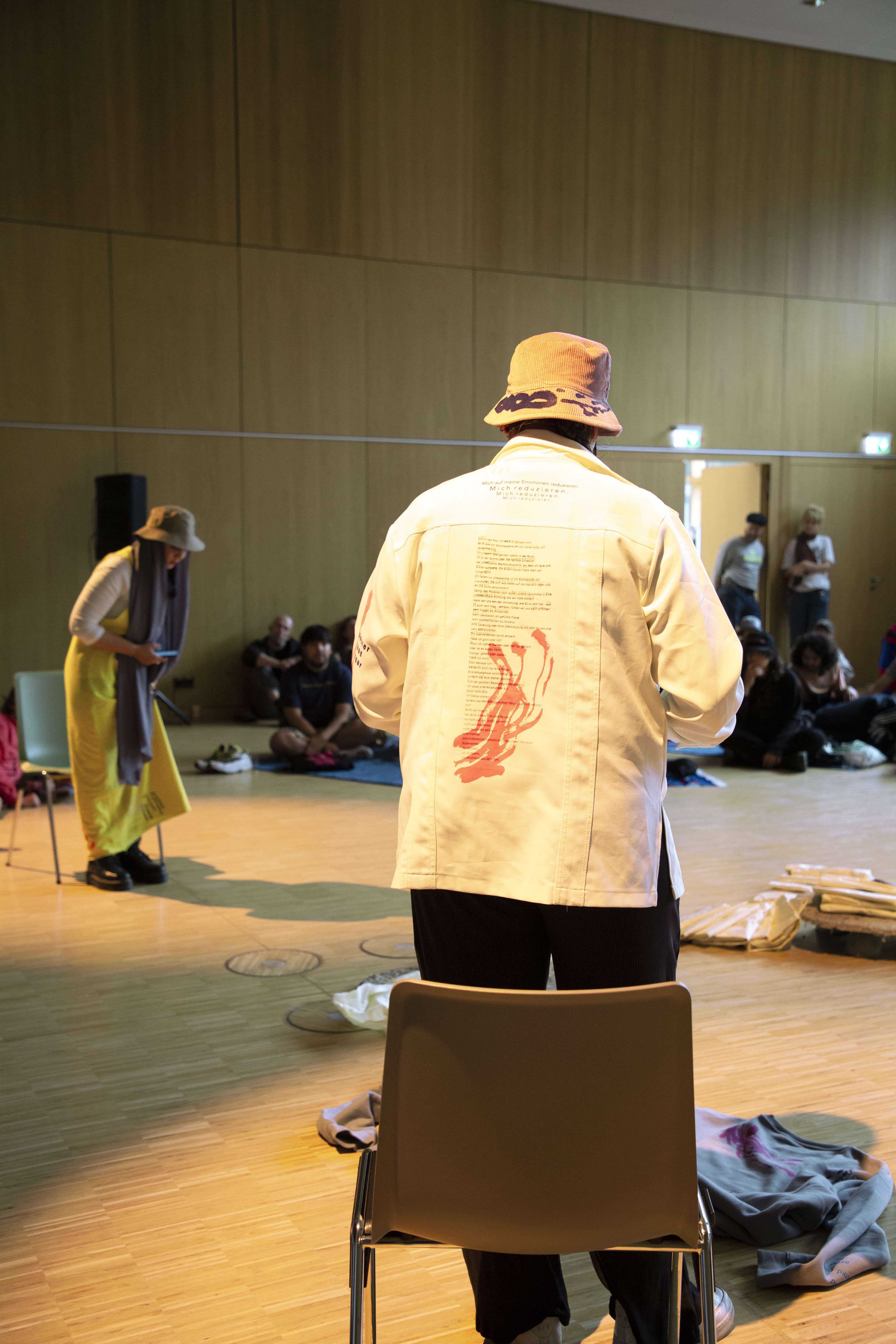
Pause Not Pose, performance by Clara Laila Abid Alsstar and Mako Sangmongkhon, Ruine München Companions, Luise Cultural Center, 2023
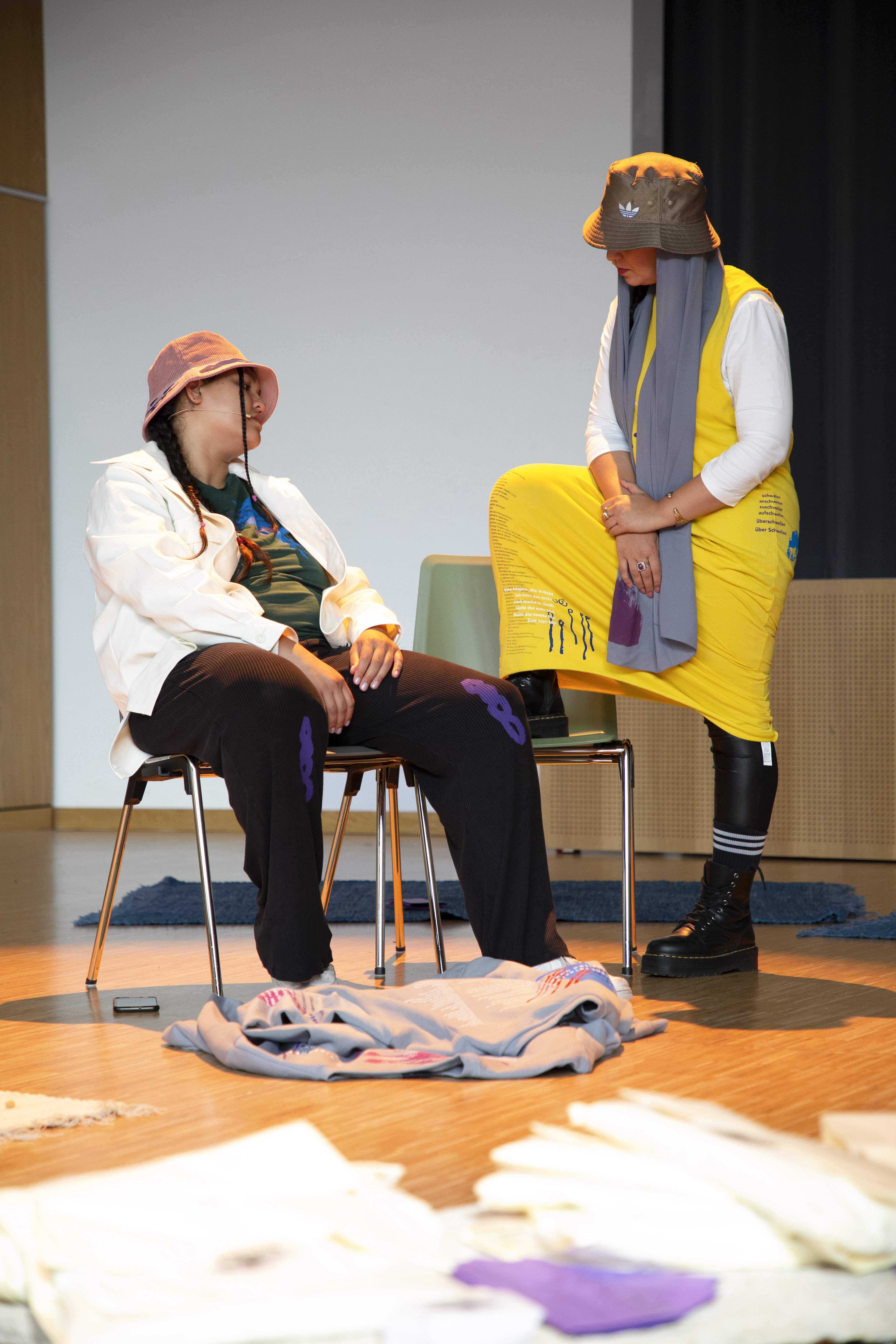
Pause Not Pose, performance by Clara Laila Abid Alsstar and Mako Sangmongkhon, Ruine München Companions, Luise Cultural Center, 2023
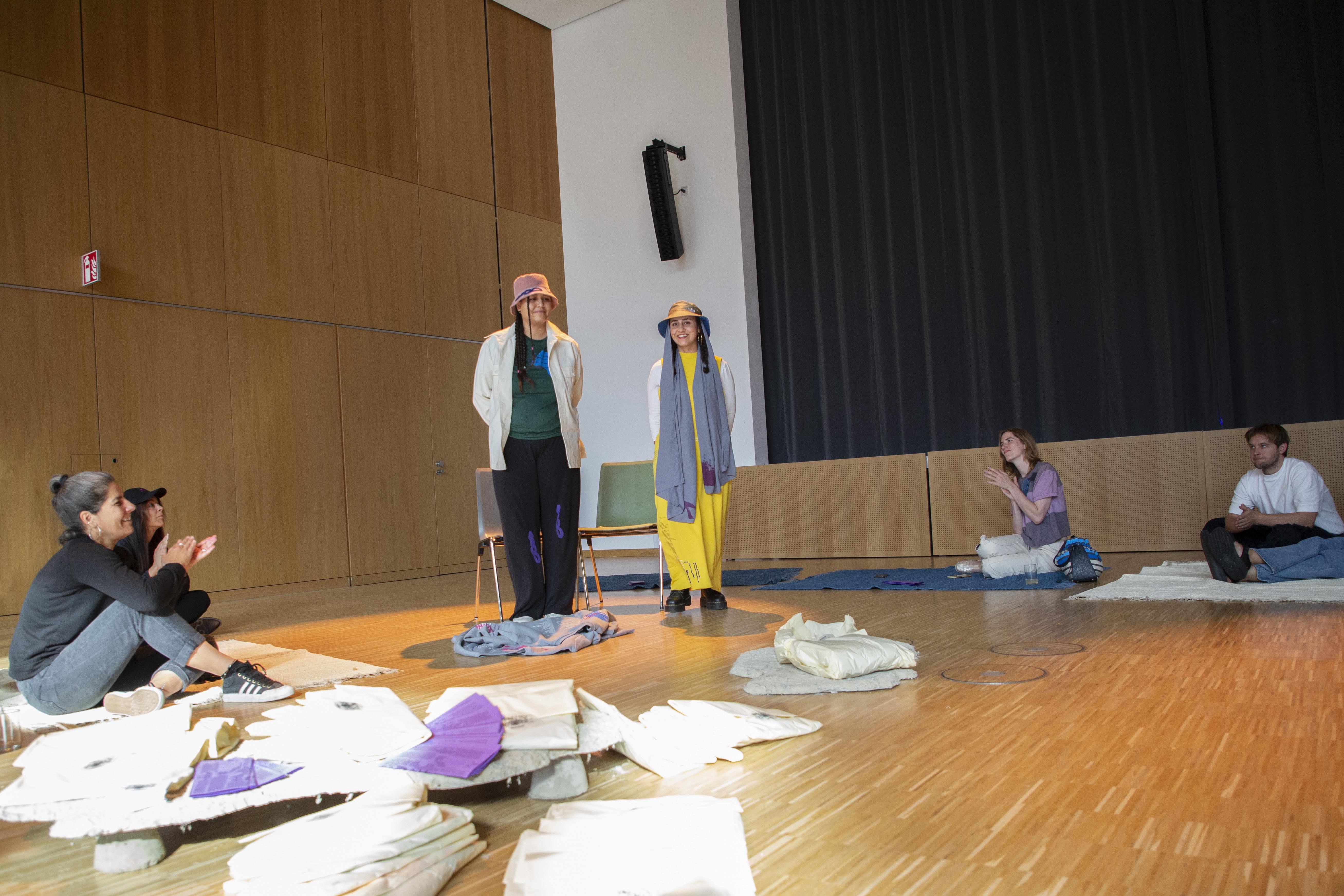
Pause Not Pose, performance by Clara Laila Abid Alsstar and Mako Sangmongkhon, Ruine München Companions, Luise Cultural Center, 2023


Mako and Clara Laila, Clara Laila and Mako. Always together, the two at least, and sometimes many more, chosen family, companions. Sometimes I forget that there was a time when they didn’t know each other, a time before they were friends, working together in different artistic and activist circles, sharing all burdens and joys.
I’ll start with Mako because I knew Mako long before I knew Clara Laila. Or at least Mako was always there somehow, at the very beginning of my time at the Munich Academy. It should be said that this time at the Munich Academy was characterised by old white alcoholic choleric male professors who yelled at me as a student in the hallway for no reason, who made out with their students at Christmas parties, who humiliated applicants in the admissions interview, who, in whatever way, constantly wore their toxic provocative behaviour on their sleeves as an old school, career strategy. And there were a whole bunch of these professors. When I look back, I think to myself, wtf, what a normalised insanity.
That was the environment we found ourselves in as students. And that sucked for me as a person who was seen as female, sucked even more for Mako as a person of colour, as the only one in their art pedagogy class or one among a few at the whole academy. To sum it up, this means, on top of all the university stress, being constantly exposed to racist comments, micro-aggressions, assault, constantly feeling out of place, constantly having to explain oneself, and not being understood. To this end, Mako had a transdisciplinary practice from the beginning, meaning many themes and mediums at the same time: text, concepts of mediation, research, performance, concrete, video. From an antifascist = antiracist position and often in a collective. A practice that is very far from the individual genious artist position common at the Munich Academy. A practice that does not see itself as an isolated one, a practice that understands the art product as a part of the work and not as the ultimate goal to work towards.
And then Clara Laila from Hamburg, where she studied art, education and history, came to Munich to join Mako’s class. Clara Laila, who had similar experiences at Hamburg institutions and who thinks and works in a similar way to Mako. Who is also interested in power-critical work in public space, and who also constantly encounters structural resistance. During their time, there was an active student body at the Munich academy. Mako, followed by Clara Laila, were an important part of it, being both in the collectives PolizeiKlasse and eRger (eure Recherche gegen rechts). It was the time when big, left-wing demos took place in Munich, like the 2018 demo against the new Law on Police Duties. I still remember the tender feeling of hope, that, collectively, maybe something can be achieved, that things don’t always have to get worse.
I talked a lot with Mako and Clara Laila about the ‘complaint’ in preparation for this text. At first, quite simply as a legal action, formally addressed to an institution. But very quickly questions arose; who should the complaint be addressed to? What if there is no body of complaint? What if, for example, there is no independent, anti-discrimination office staffed with full-time employees, but only an equal opportunities office that members of the institution only supervise as a side job to their actual duties? Or when it comes to forms of discrimination that are not recognised as such or taken seriously? And who, first of all, can afford to complain? Who has the ability to complain? Who has a chance of success, who will it mean wasted energy for and lead to nothing, and who should fear repression? The two of them tell me about Sarah Ahmed’s book Complaint!, Ahmed deals with oral and written statements of students and employees at universities who complain about unequal treatment, bullying and harassment. These statements reveal, on the one hand, who the institution is made for, who it protects, who is in power, how complaints are stopped, and who is able to complain. From this she produces a feminist pedagogy of the complaint: to complain in institutions is to learn how they work and who they work for. The complaint as a kind of marker fluid that flows through the structure of the institution, making it visible to the outside, like an x-ray.
The effect or burden or trauma that caused the complaint remains with us. It actually goes to the bones. An example is the trauma of parents, passed on to their children, expressing itself through or within the body. The trauma that originated in the parents’ struggles; their migration experiences and their experiences of exploitation and oppression, are inherited by their children, and their children’s children. These effects build up over generations, burdening Communities of Struggle and adding to their daily experiences of discrimination.
You touch me
maybe you think
it is harmless
You scratch me
You scratch me
You scratch me
Always
and
again and again
Many little cuts
on my body
You scratch me
Too many cuts
my body
can’t keep up with the healing
So where to go with trauma? Allies and friends are needed to confront trauma. To relieve each other, to collectively carry trauma, to develop a practice of care in solidarity. Mako and Clara Laila share trauma, not only in their friendship but far beyond it. Together they develop very concrete artistic spaces and approaches to bring about change within institutions. One such example is with Raphael Daibert in Third Space: Disordering the Mess. Through Third Space they act as mediators between white (art) institutions and Communities of Struggle. This isn’t done so white institutions may claim a label of ‘diversity’, but in order to break the same patterns of violation produced by structural violence and racism. They do this so that institutional resources, opportunities and spaces are accessible and available to a public made invisible.
I have long admired Mako and Clara Laila’s work, which is endlessly generous to everyone. Radically leftist in its attitude, never dogmatic in its practice, always hoping for an improvement, for the possibility of mediation between people, and between people and institutions. I don’t think I have learnt and unlearnt as much from anyone as from these two in recent years. For Ruine, I invited Clara Laila and Mako as artists, who, at best, will enjoy the invitation as it allows them time for themselves, something rarely available.
For their Ruine Clara Laila and Mako have developed, under the label zum xten Mal, a performance and collection titled pause not pose, made up of garments they have screen printed their collective texts and drawings on. The texts are a combination of experiences take from their private and professional lives, dissolving them into a socio-political relationship. The drawings are made while reading their own texts. While one reads aloud, the other draws. What is listened to, their own experiences, are then again intuitively, directly, abstractly, physically, pre-linguistically, through the ears and away from the brain, and through the movements of the body and hands, brought into a new form. First put down on paper, then printed on pieces of clothing and distributed among many people in all directions. By doing this they interweave their collective approaches and situated knowledge, making visible the dissolving of boundaries between private and public spaces through abstract movements. They ask which bodies occupy public space and suggest spaces are only able to become public when occupied by bodies. pause not pose invites us to practice strategies of community in public space.
Ruine München
